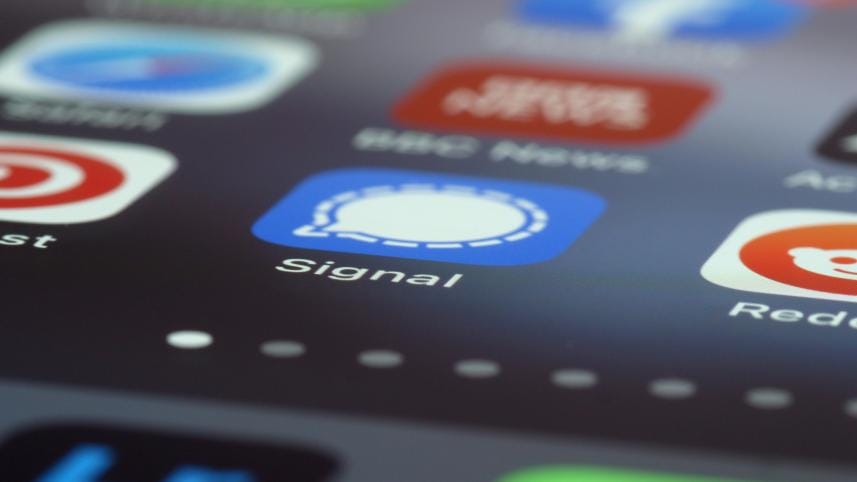Signal blocked in Venezuela and Russia amidst political unrest

Signal, a widely used encrypted messaging app, has been blocked in both Venezuela and Russia as part of broader government efforts to control internal dissent. The app, known for its strong encryption and privacy features, has become a target in countries where governments are seeking to curb communication among those opposing their regimes.
In Venezuela, the block comes in the wake of a highly contested presidential election last month. The disputed results, which saw President Nicolás Maduro hold onto power despite widespread protests and claims of electoral fraud, have led to increased government crackdowns. The United States, among other nations, has recognized opposition candidate Edmundo González as the rightful winner of the election. According to NetBlocks, an internet monitoring service, Signal became "unreachable on multiple internet providers" in Venezuela on Thursday evening. In addition to Signal, Maduro's administration has also ordered a block on the social media platform X, as reported by the Associated Press.
In Russia, the country's communications regulator, Roskomnadzor, justified the block by claiming that Signal violated Russian legislation. As a result, Russian users are unable to register new Signal accounts without resorting to virtual private networks (VPNs). NetBlocks has confirmed that the Russian government has restricted Signal's backend services across most internet providers as of Friday afternoon.
Signal has responded to these developments by advising users in affected regions to activate its censorship circumvention feature, which allows the app to remain functional in certain restricted environments. This feature has reportedly enabled Signal to continue operating in Russia despite the block. However, Signal has not yet issued a formal comment on the situation.
In addition to the Signal blockage, users in Russia have reported a widespread outage of YouTube, a platform that remains a significant source of independent information. A YouTube spokesperson clarified that the outage was not due to technical issues on their end, nor was it the result of any actions taken by the company.
The blocking of Signal and other platforms in these countries highlights the ongoing tensions between government authorities and those seeking to communicate securely in environments where free speech is increasingly under threat. As the situation develops, users of these platforms may need to explore alternative methods to maintain access to secure communication channels.



 For all latest news, follow The Daily Star's Google News channel.
For all latest news, follow The Daily Star's Google News channel.
Comments